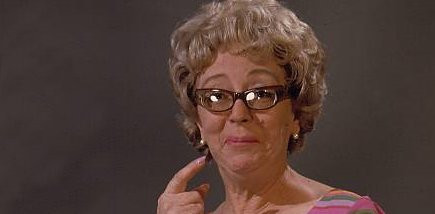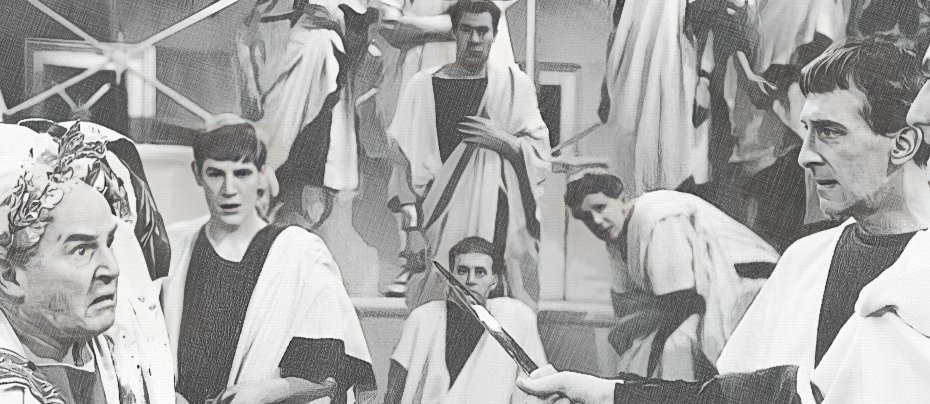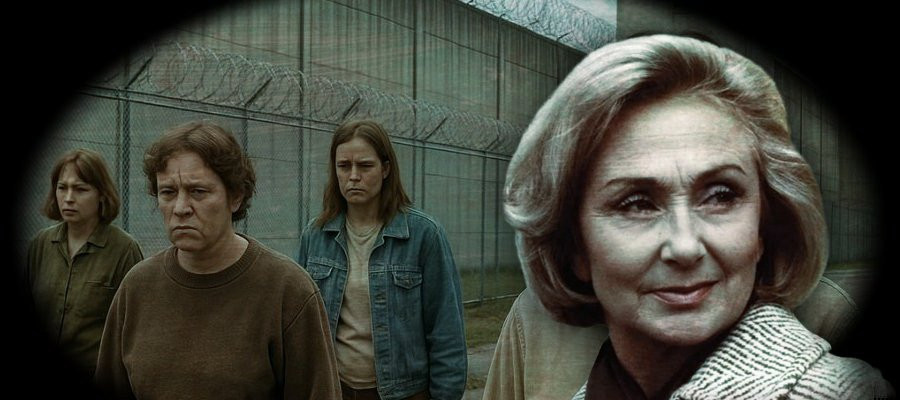
Within These Walls
1974 - United KingdomWhen Within These Walls premiered in 1974, British television was still largely dominated by male-centric narratives. A series set in a women’s prison, focusing almost entirely on female characters — not just inmates, but governors, officers, and staff — was practically unheard of. Yet this bold, quietly revolutionary drama from London Weekend Television not only made it to air, but it also thrived for five series, breaking new ground in its portrayal of institutional life, reform, and womanhood.
Created by David Butler and produced by Jack Williams, Within These Walls was set in the fictional Stone Park prison, loosely based on the only women’s security prison in southern England at the time. The show deliberately opened its narrative several years in the past, gradually bringing viewers forward to 1974. This was a shrewd decision. As Williams noted, the realities of modern prison life — gone were the stereotypical tiered catwalks, replaced with open-floor designs; prisoners dressed in their own clothes, did their hair and make-up — would have seemed like pure fantasy had audiences not been eased into it.
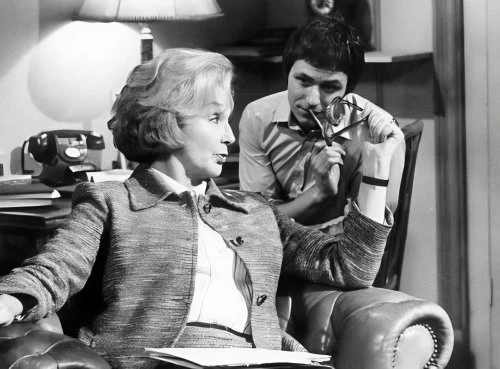
The series centres around Faye Boswell, the prison governor played by Googie Withers. A stalwart of 1940s British cinema, Withers brought gravitas and subtlety to the role, portraying Boswell as principled but pragmatic, compassionate but not naïve. She was the heart of the series’ early years, quietly but firmly driving reform within the prison, often in the face of resistance from her own staff. Among those opposing the changes was the formidable Chief Officer Mrs Armitage (Mona Bruce), and the more moderate deputy governor Charles Radley (Jerome Willis).
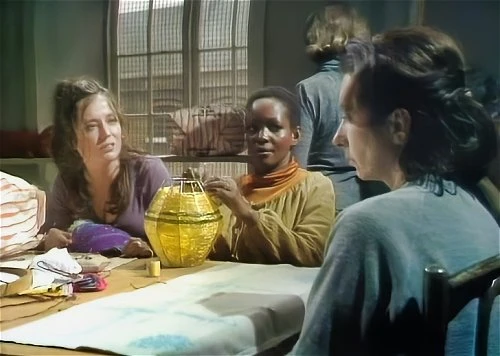
Williams was insistent that the characters, particularly those in positions of power, be portrayed with balance. “They’re not angels,” he explained. “Just people doing a difficult job.” That ethos extended to the prisoners themselves. The show didn’t shy away from difficult realities — drug use, violence, mental illness, and lesbian relationships were addressed with refreshing frankness. Williams defended the inclusion of such topics not as sensationalism, but as human storytelling: “Most of them need love and attention… it’s just about human beings.”
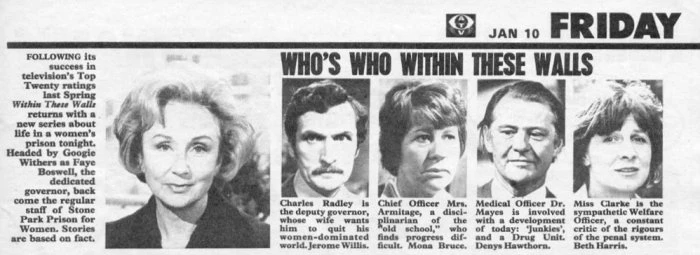
This sensitivity to the lived experience of women in prison gave the show a rare emotional authenticity. The writing team, many of whom visited real women’s prisons before drafting their scripts, were reportedly left “dazed and impressed” by the dedication of real-life staff, and that feeling of complexity and moral ambiguity translated onto the screen.
By the end of Series 3, Withers departed the show and was succeeded first by Katherine Blake (as Governor Forrester), and later, for the final season, by Sarah Lawson (as Governor Marshall). With each transition, the tone of the series shifted. While the earlier seasons were gritty and issue-driven, the latter episodes leaned more towards soap-style melodrama. By Series 5, much of the show’s original bite had been dulled.
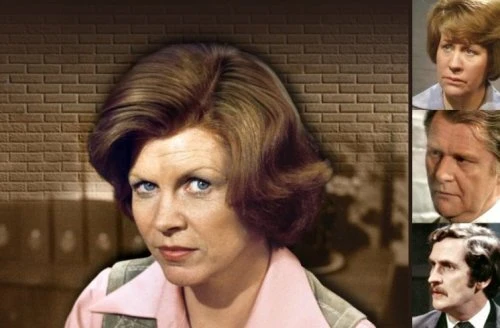
Still, Within These Walls left an undeniable legacy. It paved the way for the 1979 Australian series Prisoner (UK title Prisoner: Cell Block H), which carried the baton of female-led prison drama into more overtly sensational territory.
Part of the show’s strength lay in its extraordinary guest cast, which reads like a who’s who of British acting royalty. Among those passing through Stone Park’s gates were Floella Benjamin, Ann Mitchell, Simon MacCorkindale, Pam St. Clement, Linda Robson, Paul Darrow, Liz Smith, Cheryl Hall, Joan Hickson, Angela Thorne, Angharad Rees, Gwen Taylor, Anthony Ainley, Kathy Staff, Carmen Silvera, Sorcha Cusack, Sherrie Hewson, Jill Gascoine, Helen Worth, Roger Lloyd Pack, Lennard Pearce, Lynda Bellingham and many more — a testament to the show’s quality and standing within the industry.
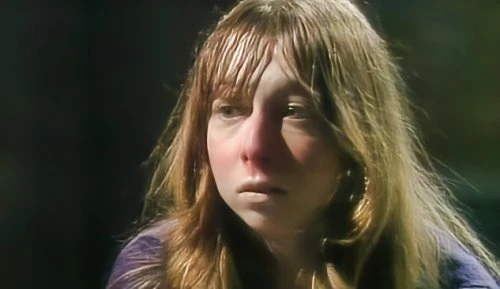
In retrospect, Within These Walls may seem modest in its production and pacing, especially compared to today’s high-gloss prison dramas. But its quiet determination to show women in positions of strength, conflict and transformation remains impressive. At a time when television rarely gave women centre stage — much less in positions of power — Within These Walls stood apart and stands the test of time.
Rating: ★★★★☆
A trailblazing and quietly radical drama that paved the way for future female-led television.
Seen this show? How do you rate it?
Seen this show? How do you rate it?
Published on August 1st, 2025. Written by Laurence Marcus for Television Heaven.



